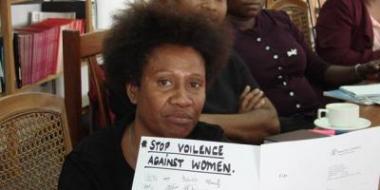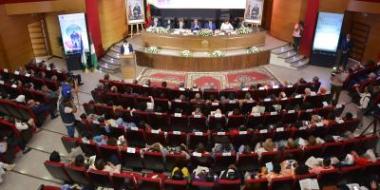Supporting Women Judges in the Southern and Eastern Mediterranean Region
Women in the Southern and Eastern Mediterranean region, including Egypt, Jordan, Lebanon, Morocco, and Tunisia, are significantly affected by considerable inequalities. Discriminatory legal frameworks and neutral laws enforced with underlying biases and stereotypes continue to hold women in the region back from fully participating in society. Crucially, this is also the case in political and other leadership and decision-making positions. Enhancing the contributions of women judges is particularly important as gender justice remains elusive in many aspects.












